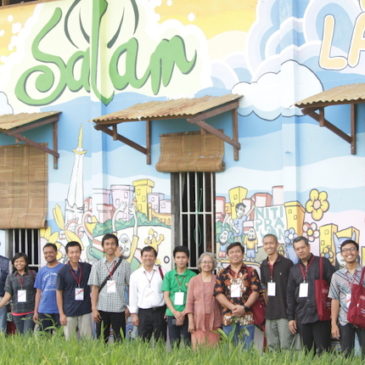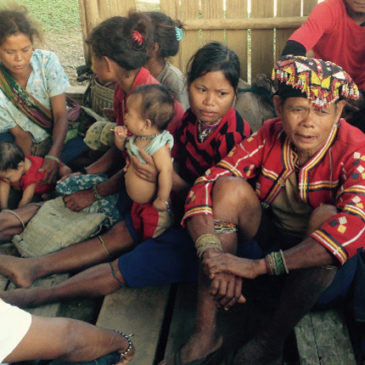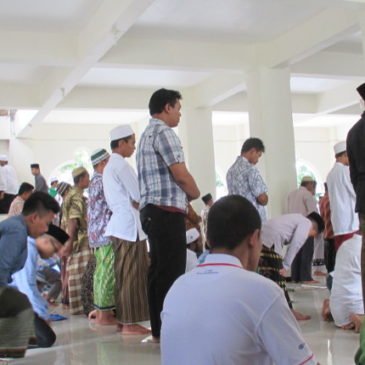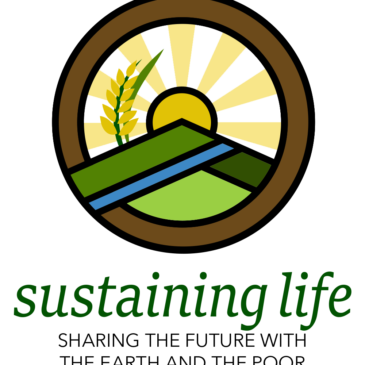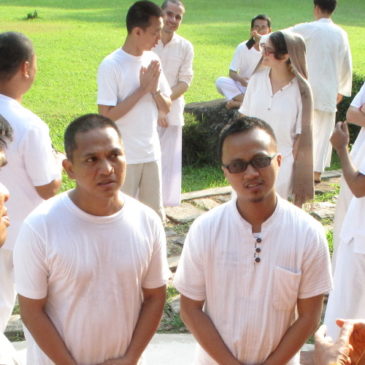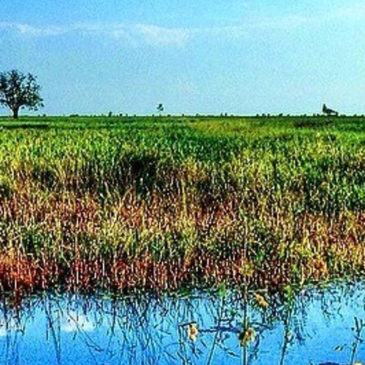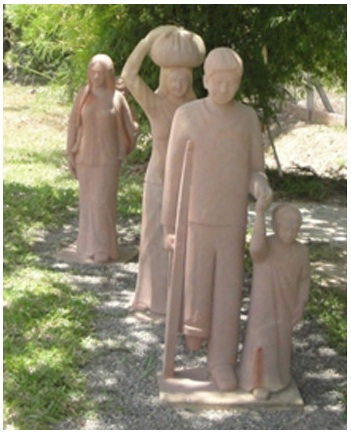Sustainability in the youth
Small-scale farming and indigenous practices in the uplands of Asia are not very sustainable and a great majority of the youth wants out. Given the marginalisation and oppression that still rule in many of these environments with exploitation by corporate “sustainable” logging and mining firms, armed groups, corporate agricultural practices, infrastructure and seeping globalisation, farming life is not a question of success but of survival.


